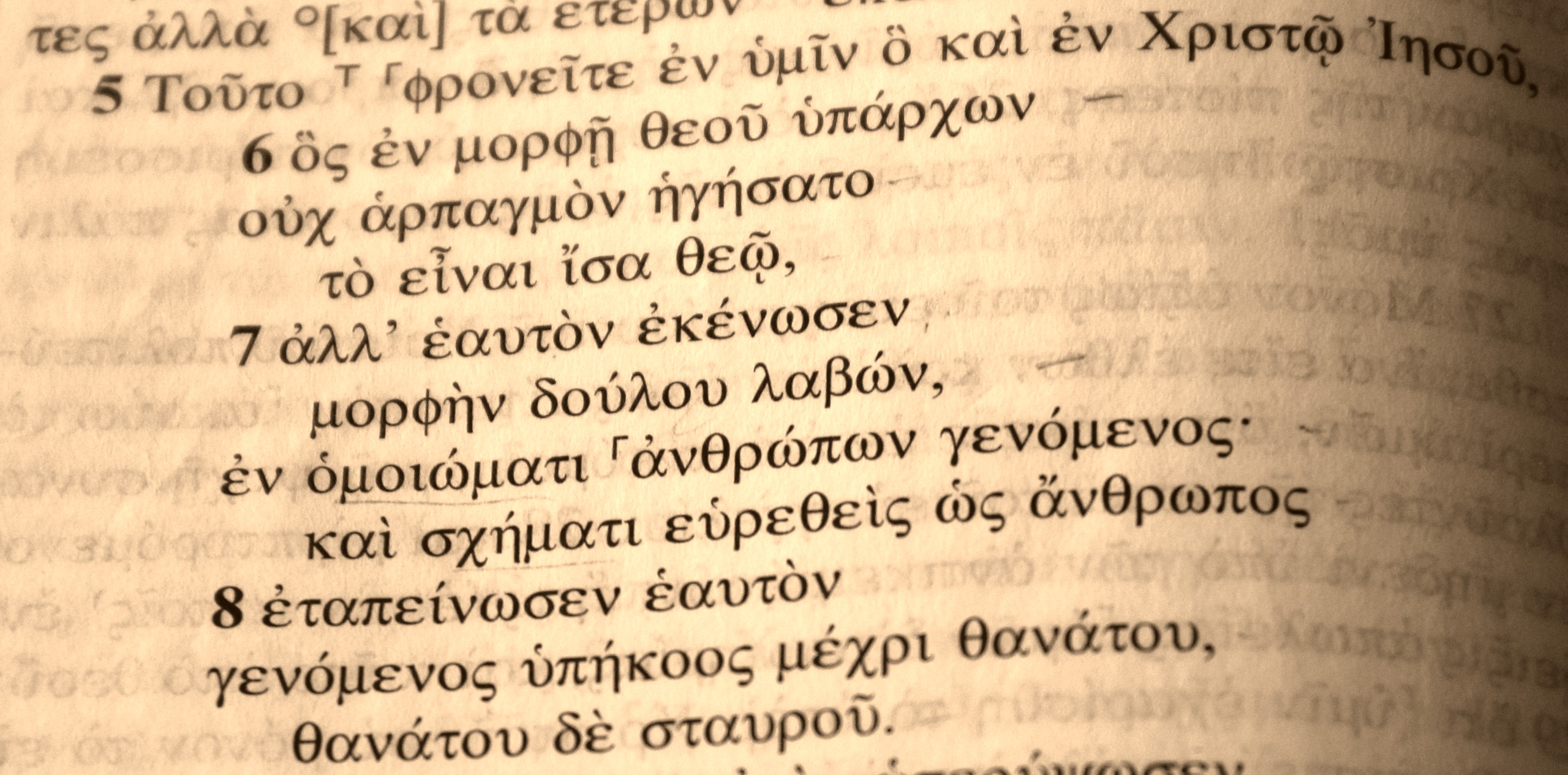I’ve been honored to chat with the well-known biblical scholar Mike Heiser at The Naked Bible Podcast these past two weeks. Mike is a hero of mine, and it’s a real blessing to be on his show. We are currently in the middle of doing an extended series on Paul’s use of the Old Testament. Our focus so far has been on messianism, specifically how the Old Testament builds a “messianic profile” that is vital for how the New Testament writers depict Jesus. My own research has focused largely on Paul, and so we’re giving a lot of attention to him as a Jewish interpreter of Israel’s Scripture.
As you may know, Paul’s interpretations of the Old Testament can often appear creative and, in many ways, novel. But should we conclude from this that Paul disrespects Scripture? I don’t think so. In fact, it seems to me that Paul has a high regard for it. In my estimation, Paul is a careful interpreter of Scripture—even when (especially when!) his readings take on creative elements and fresh perspectives.
As I show in my forthcoming book, Paul and the Meaning of Scripture (which will be published sometime in the next few months), many of Paul’s interpretations are what they are because of what he believes God has done through Jesus the Messiah. Paul’s Damascus Road experience so altered his life—and his hermeneutic—that he can now read Scripture with fresh eyes and from a new angle. Because he has come to believe Jesus of Nazareth is Israel’s Messiah, Paul can now read the Old Testament from that perspective—from that christological horizon of understanding.
At some point, Mike and I plan to chat about Paul’s readings of the Old Testament, particularly from selections taken out of Romans. But first, we need to talk about how the Old Testament builds out its “messianic profile” and how it lays out expectations for the coming Messiah. This messianic profile, I believe, gives Paul categories for how to think about Jesus as the Messiah. In many ways, Paul’s assumptions about the crucified and resurrected Jesus become answers to the Old Testament’s messianic profile. And the Old Testament’s messianic profile is itself an answer to Paul’s assumptions about the life and ministry of Jesus. This means that Paul’s reading of the Old Testament is not unilateral—he doesn’t merely impose his christological assumptions onto the Old Testament text. Instead, he enters into dialogue with the Old Testament—particularly with its story about God’s plan to use Israel as a blessing to the nations (Gen 12:1-3).
At any rate, these conversations about a messianic profile in the Old Testament help set the stage for a more in-depth discussion about Paul’s interpretations at a later point. So much more to say, but I’ll leave it at that for now. In the meantime, check out the episodes below. And don’t forget to subscribe to Mike’s podcast. And buy his books!
